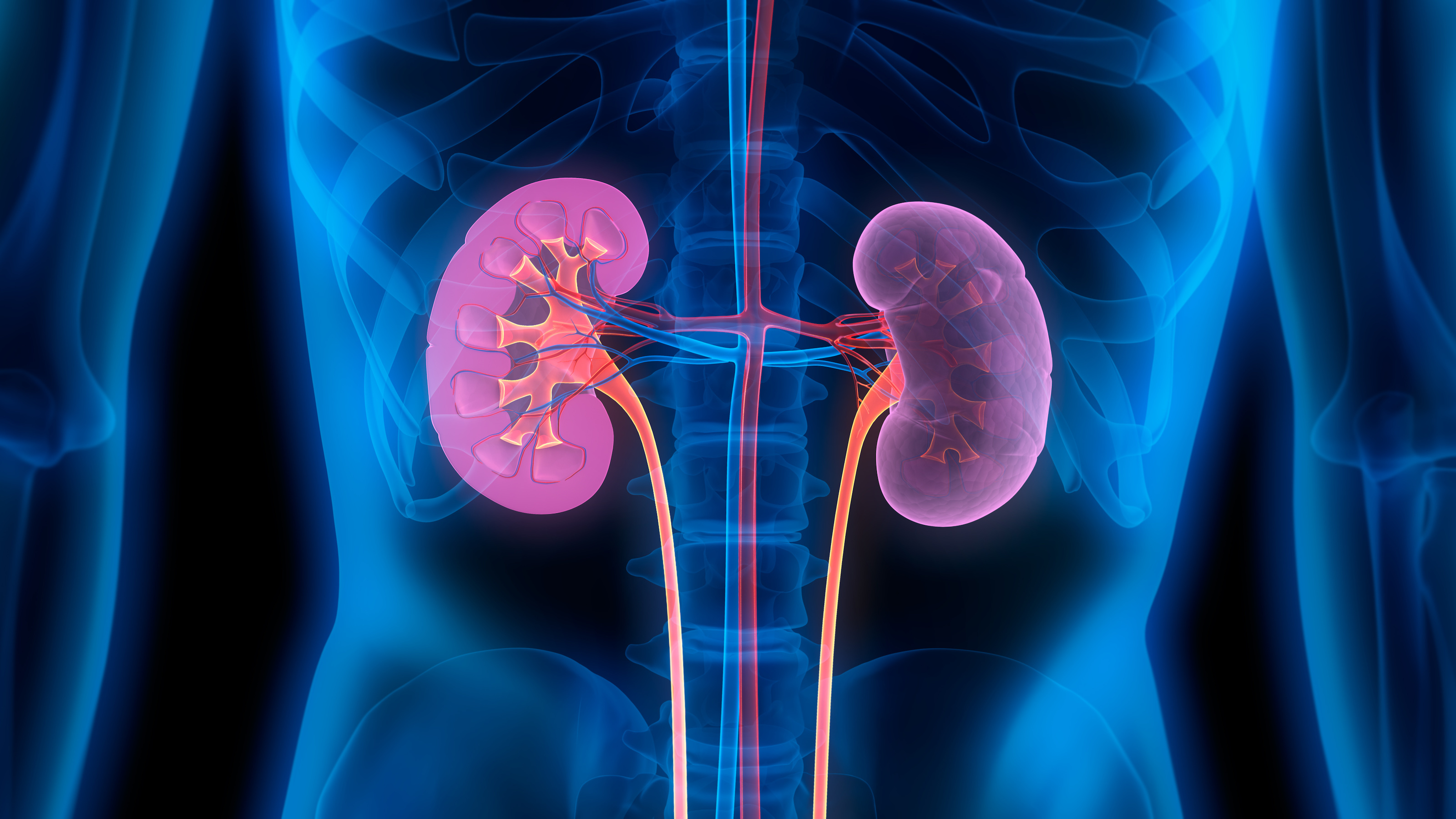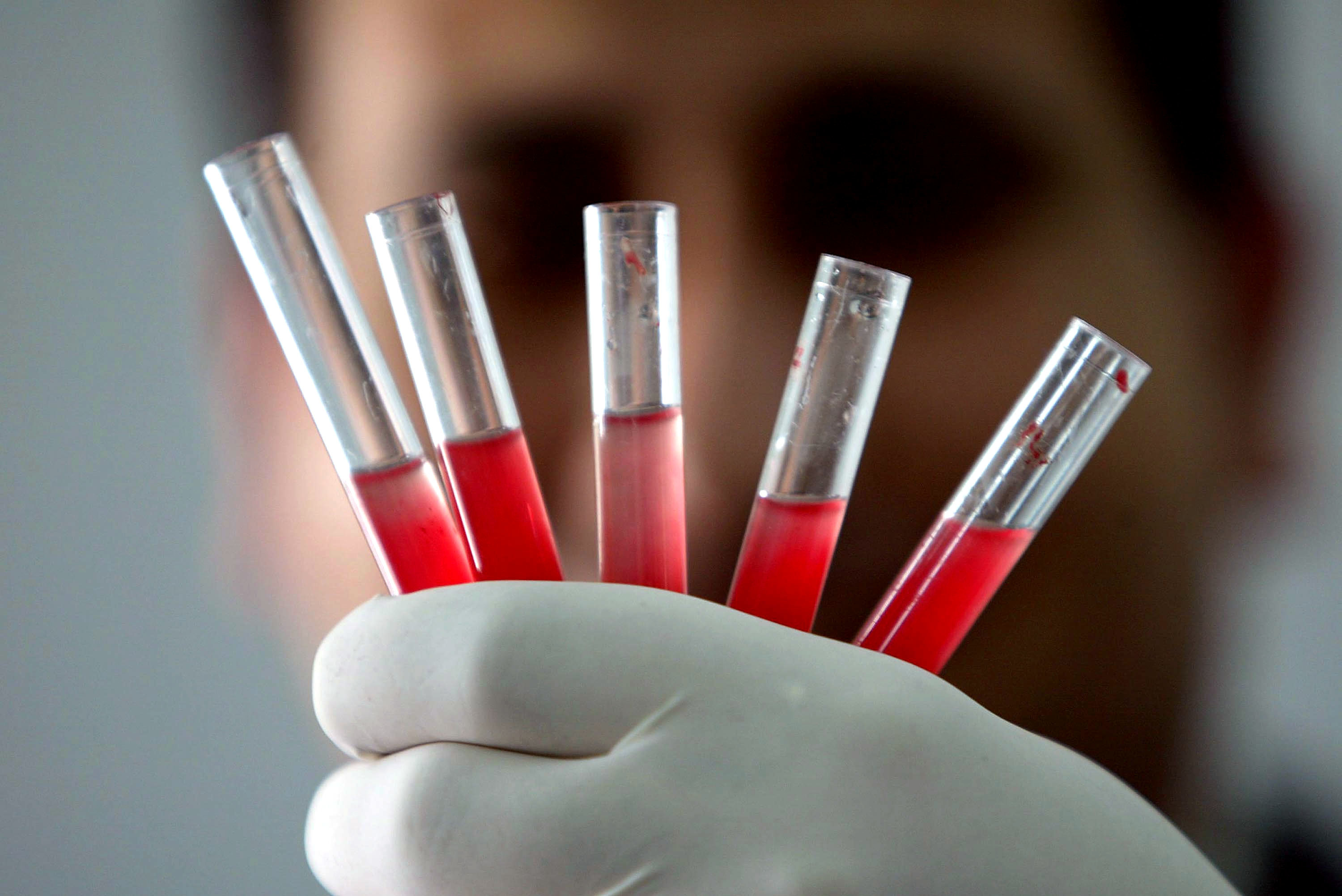Science Close to Making Everyone a Universal Donor

Blood types are quite important to know and understand. AB, A, B, and O, all of which can be positive or negative, make up the eight main types. Of these eight, only one is a universal donor: O-negative can give to any of the other types. However, those with that type can only receive O-negative blood. But when blood supplies are low, and doctors lack the proper type to supply to an injured person — what then? Get the wrong type and the antibodies in your system start attacking the red blood cells from a foreign donor, resulting in death.
Trying to get someone to accept a type other than their own (with the exception of O-negative) is a problem scientists have been working to figure out for years. Blood drives do a great deal of good, but when doctors don’t get enough of each type, it can become a problem. But David Kwan, lead in a recent study, and his group of researchers may be close to a solution. He stated in a recent press release:
“We produced a mutant enzyme that is very efficient at cutting off the sugars in A and B blood, and is much more proficient at removing the subtypes of the A-antigen that the parent enzyme struggles with.”
The result looks quite similar to type-O blood, but it’s not 100 percent.
The researchers call the technique “directed evolution.” Popular Science‘s Alexandra Ossola explained the process in a recent post:
“…they used bacteria to create the enzyme and inserted particular mutations in the bacteria’s DNA to make the enzyme even more powerful. After cultivating the bacteria over five generations, the enzyme became 170 times more effective.”
But this research shows the science is advancing, and as studies continue, enzyme-treated blood may very well become the future of blood transfusions. That is until artificial blood makes the need for blood drives obsolete.
Read more at EurekAlert!.
Photo Credit: Shutterstock




